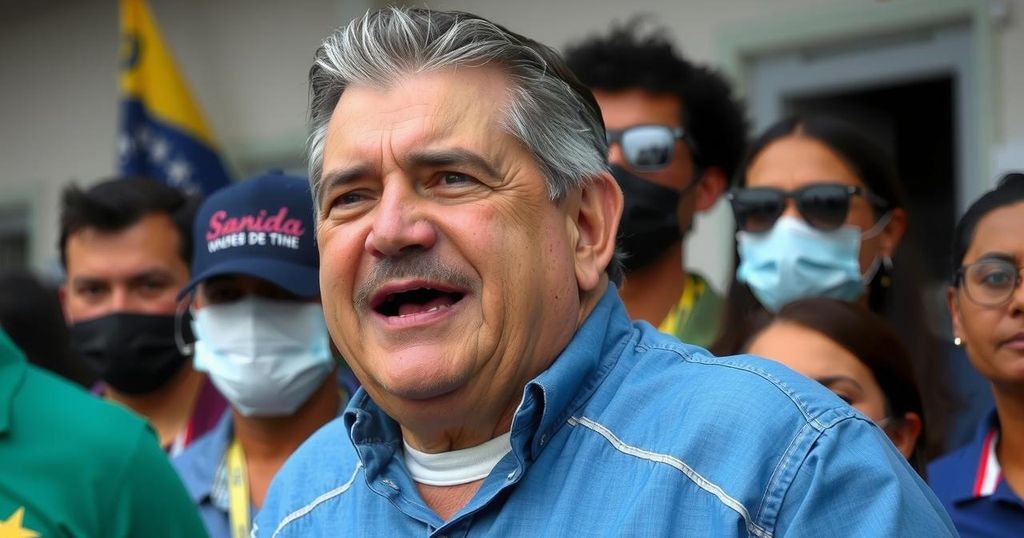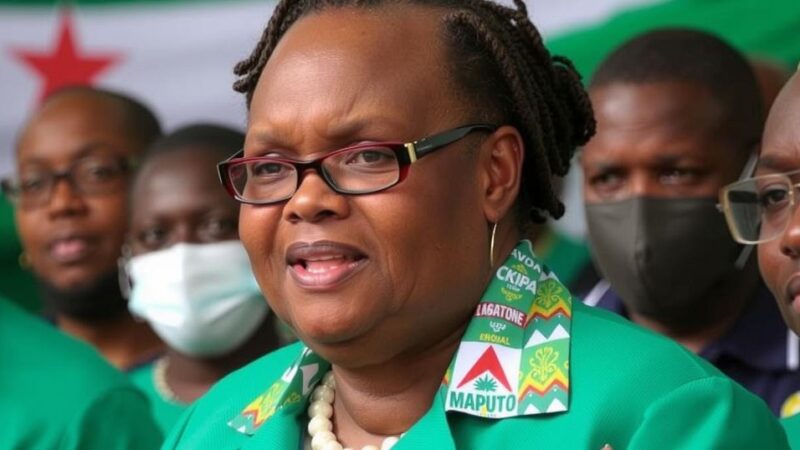Venezuela’s government has released 103 prisoners arrested after the controversial July elections. Despite this action, the Maduro regime continues to resist calls for transparency regarding the election results. The political climate remains tense with ongoing repression against opposition leaders and protestors amidst widespread discontent.
Venezuela’s government has initiated the release of 103 prisoners who were incarcerated following a crackdown on dissent post the contentious July elections. President Nicolas Maduro’s administration made this announcement through the citizen security service, directed by Minister Diosdado Cabello. The releases were processed over a 72-hour period and were accompanied by additional precautionary measures that allowed another 225 individuals to be released under conditions of court appearances every 30 days.
Despite these moves, the Maduro regime has resisted demands from both the opposition and regional leaders for transparency regarding electoral data. The election results, which declared Maduro the victor of a third term, were met with skepticism, especially since several local officials did not disclose the official vote tallies, leading to widespread protests across the nation. The political climate remains tense as the government enacted a severe response, resulting in numerous arrests and casualties among protestors.
Notably, Edmundo Gonzalez, the opposition leader, had fled to Spain for asylum amidst fear of persecution, citing pressure and threats as his reasons for departure. Concurrently, some opposition members have sought refuge within embassies in Caracas due to arrest warrants issued against them following the election. Argentina’s government has actively criticized Maduro’s administration for its oppressive actions toward these opposition figures, who face ongoing harassment even within the diplomatic enclave.
Overall, while the release of detainees marks an effort by the government to alleviate tensions, the underlying issues surrounding the electoral legitimacy and opposition suppression remain unresolved, perpetuating a cycle of unrest and dissatisfaction among the Venezuelan populace.
The context of Venezuela’s political crisis can be traced back to decades of economic struggles and political strife. The recent elections have heightened these tensions, with accusations from the opposition of electoral fraud perpetrated by President Maduro. The reactions from local and international observers signify a struggle for democracy and human rights in the country, as the government continues to clamp down on dissent and opposition voices. In response to international pressure, the government announced the release of detainees, although critics argue this is insufficient given the ongoing repression.
In conclusion, while the release of 103 prisoners signals a potential thaw in the adverse political climate in Venezuela, the underlying issues of electoral integrity and government repression remain unaddressed. The Maduro administration faces scrutiny both domestically and internationally for its handling of dissent, suggesting a need for genuine dialogue and reform. As the opposition continues to face significant barriers, the future of democracy in Venezuela remains precarious.
Original Source: www.aljazeera.com







